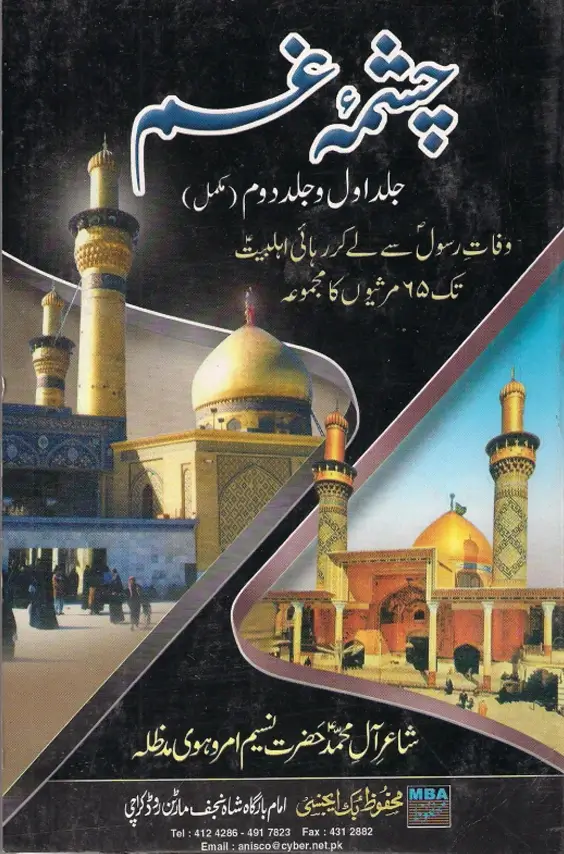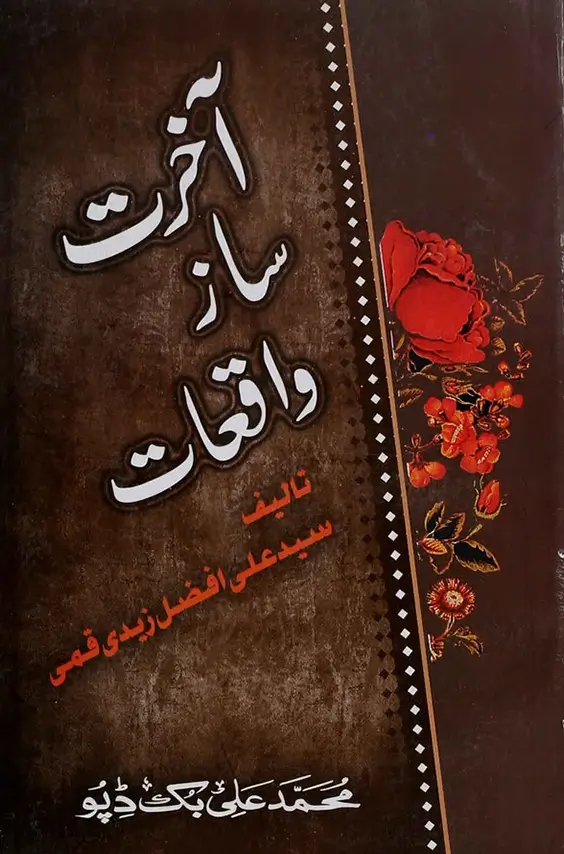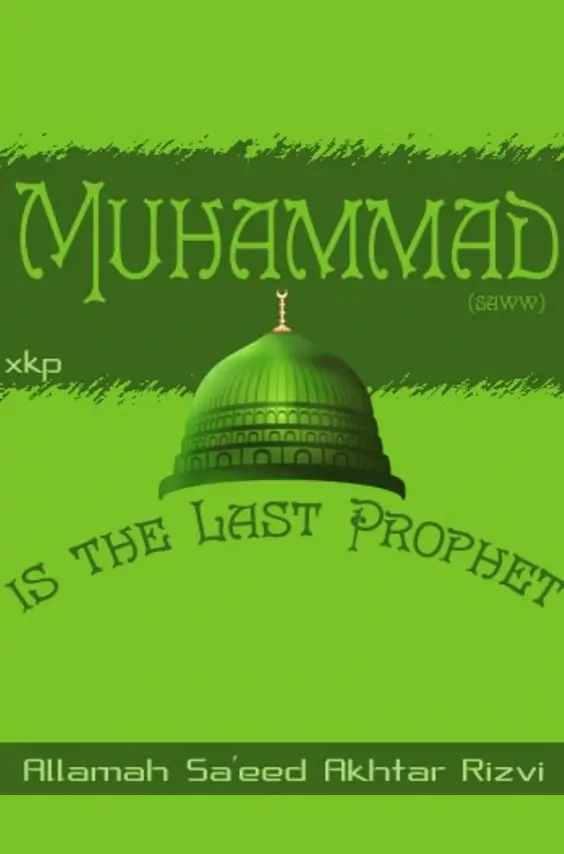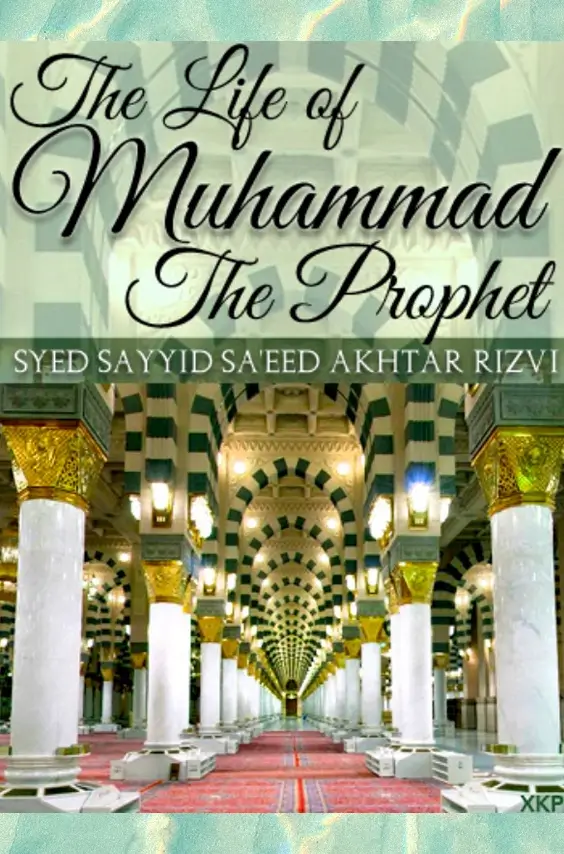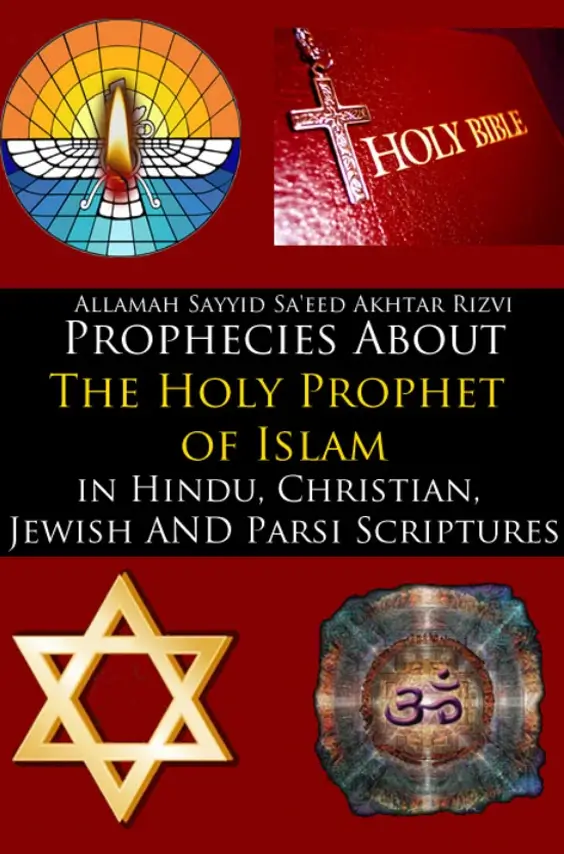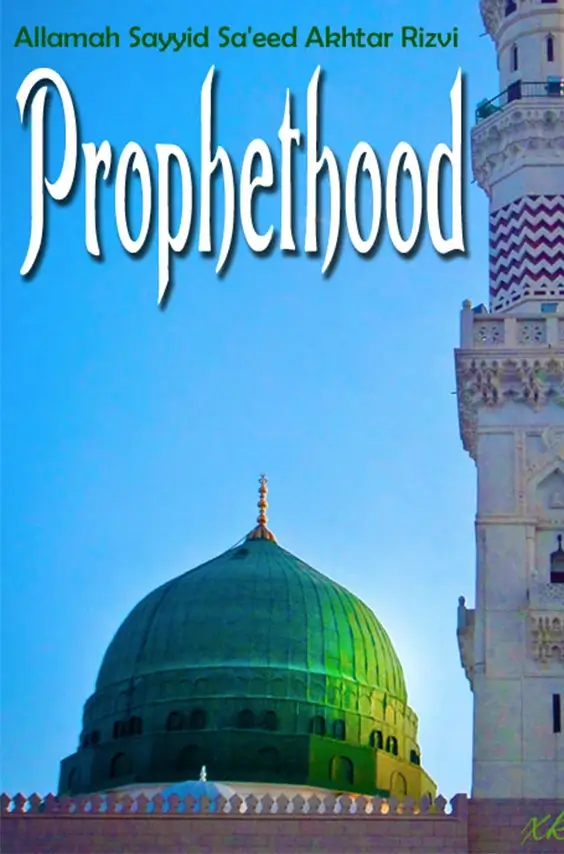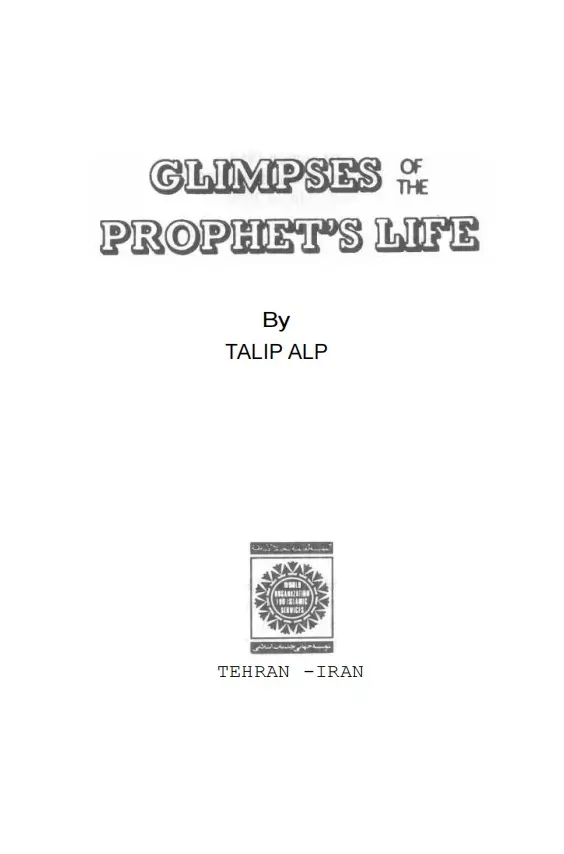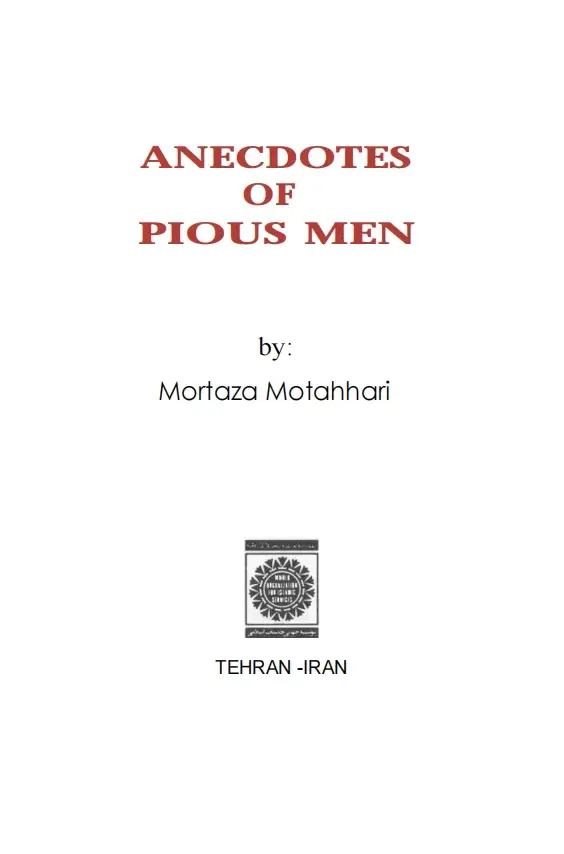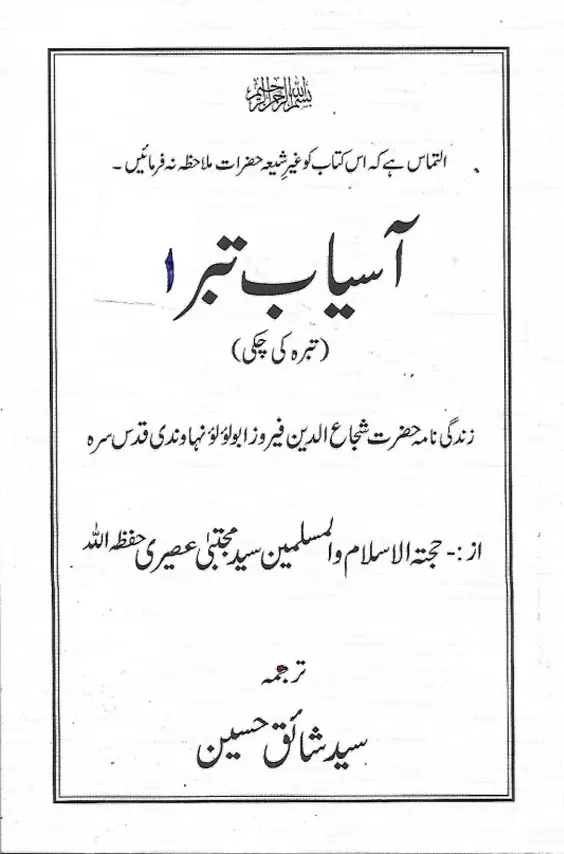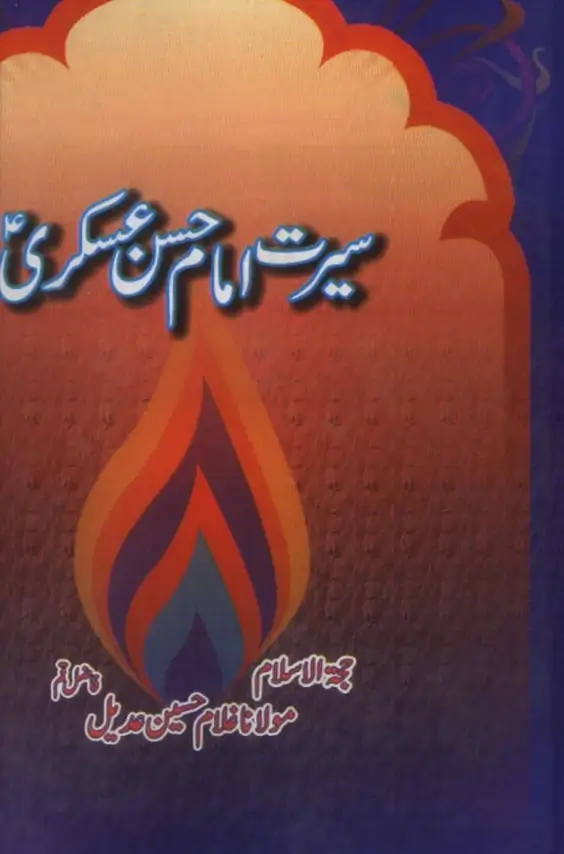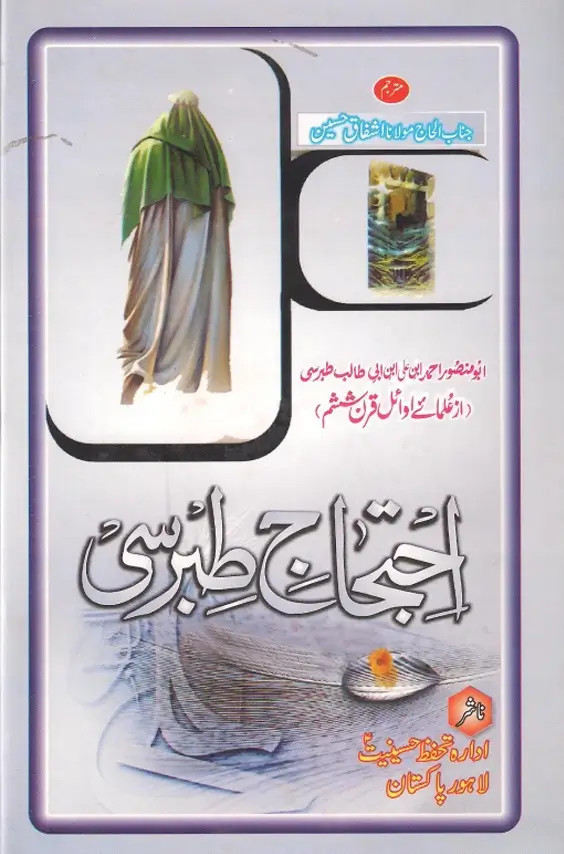Read Marsiya written by renowned poet Naseem Amrohvi
Books
Books
Akhirat Saaz Waqiaat
Muhammad (S) is the Last Prophet
This text serves as a response to the disputed Ahmadiyya (Qadiani) beliefs regarding the purported prophethood of Mirza Ghulam Ahmad. It delves into a comprehensive exploration of the conclusive nature of prophethood as established by the Qur’an and traditions (ahadith) in connection with Prophet Muhammad. Additionally, it rebuts assertions associating Imam Mahdi with Mirza Ghulam Ahmad.
The Life Of Muhammad The Prophet
A thorough narrative of the life and historical trajectory of Prophet Muhammad (peace be upon him), encompassing his birth and upbringing, pivotal events in Makkah and Madina, and the culmination of his life written by Sayyid Sa’eed Akhtar Rizvi.
Prophecies About The Holy Prophet of Islam
A text discussing the prophecies predicting the arrival of the Holy Prophet Muhammad (PBUH&HP) in older scriptures of different faiths.
Prophethood
Glimpses Of Prophet’s Life
Anecdotes of Pious Men
Ayatullah Murtuza Mutahhari brings together some interesting stories of pious men worth pondering.
Hazrat Abu Lulu zindaginama
This book discusses about the life of Hazrat Feroz Abu Lulu.
Seerate Imam Hasan Askari(as)
The Living Miracle
This text is an article written by Yusuf Fadhl about how the Holy Quran is a Living Miracle from different aspects.
Ehtejaj e Tabarsi – Urdu
This book was initially written in Arabic language by Abu Mansur, Ahmad b. Ali b. Abi Talib al-Tabrisi.
In the opening of his book, al-Tabrisi articulates the motivation behind his writing: “The inspiration for crafting this book arose from the observation that some Shi’a individuals refrained from engaging in discourse and debate with proponents of differing beliefs. They claimed, ‘We are forbidden from such exchanges, as neither the Prophet (s) nor the Imams (a) engaged in debates, nor did they permit Shi’a to do so.’ Consequently, I resolved to assemble the compelling arguments advanced by distinguished Shi’a figures against their adversaries within religious doctrine. Subsequently, he clarifies that the restriction on Imams (a) participating in debates was applicable solely to those lacking the ability to effectively defend the tenets of the faith and Shi’a convictions, rather than to those who possessed exceptional proficiency in substantiating the truth and refuting fallacies.”
This text is an Urdu translation of the original text. It is translated by Maulana Ashfaque Hussain.
